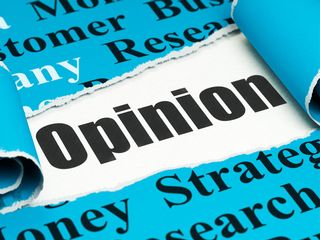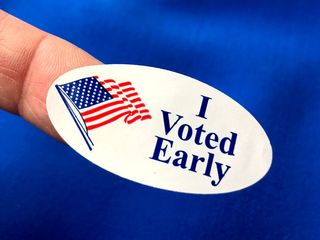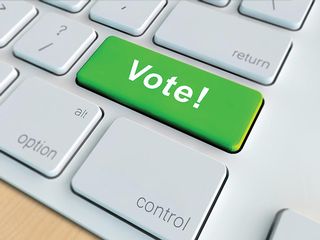- Sections :
- Crime & Public Safety
- Restaurants & Food
- Sports
- More
Daylight Saving Time attributed to health and accident consequences

THE WOODLANDS, Texas -- Daylight savings time takes its toll by more than just the lack of one hour of sleep, thus the reason the Monday after the time change was proclaimed National Nap Day. According to a report in the 2012 journal of Sleep Medicine, the number of heart attacks was 3.9 percent higher than usual in the first week after daylight saving time took effect. The risk was even greater for people already taking heart medicines. A previous Swedish study reported in the New England Journal of Medicine in 2008, said research indicated that it was 6 to 10 percent higher.
Numerous other studies have data that substantiates the following on the first week of daylight saving time:
- Traffic accidents are 8.6 percent more common based on over two decades of data collection.
- Workplace accidents are more common -- and more severe, according to the Journal of Applied Psychology in 2009.
- Disruption to normal sleep rhythms was blamed for an uptick in suicides among Australian men reported in the 2008 journal of Sleep and Biological Rhythms.
- "Night owls" have the hardest time transitioning; taking almost three weeks to adjust to the new time, according to German researchers in a report in the 2009 journal Sleep Medicine.
- Women are especially irritable and agitated during the transition, more so than men.
Shaun Sizemore, nutritional coach and exercise instructor at Oasis Club and Spa for Women supported this last fact. “Fortunately the time change occurred during Spring Break,” said Sizemore. “I cancelled my boot camp until after Spring Break. It will give the members a chance to adjust to the time change.”
Rachel Ulbig, the yoga instructor at Oasis, said her students were also having difficulty adjusting. “They said they couldn’t fall asleep an hour earlier, and they woke up at their usual time. So they lost two hours of sleep, not one,” said Ulbig. “We did a slow workout, spending the session on the mat, in order to ease them through the time transition.”
At the very least, increased sleepiness on the first Monday after switching to daylight saving time leads to a dramatic increase in ‘cyberloafing’ behavior, which is surfing the Web when you should be getting productive work done, according to a 2012 study in the Journal of Applied Psychology.
Thus the reason the first work day after the Daylight Saving conversion is designated the National Day of Napping. Based on the above research, it would be best to make it a long nap and get some rest throughout the week.

















